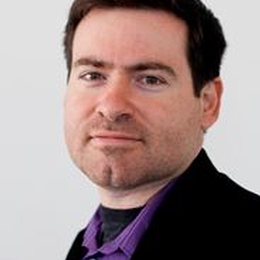Student Workshop: Hopeful Daydreaming

Have you ever wondered why some people seem to achieve their goals while others don't? According to research, one important ingredient is hopeful thinking.
Psychologists have discovered that particularly successful people appear to share three basic conditions in their lives, which, when set, seem to kindle hope and increase goal achievement. In this workshop for students, you'll learn concrete tools to help you set these three conditions for hope to thrive in your own daily life.In this special workshop for students, guest lecturer Dr. David Feldman will focus on a technique known as "hopeful daydreaming", which is a particular clear and structured way of envisioning goals.
MONDAY, MARCH 10: 10:00-11:30 a.m.
TUESDAY, MARCH 11: 11:00 a.m.-12:30 p.m.
Both sessions take place in Sinclair's Conference Center on the downtown Dayton Campus, Building 12, Smith Auditorium.
The workshop is free. Registration is not required but seating is limited.
David B. Feldman is an associate professor of counseling psychology at Santa Clara University, Santa Clara, California. He holds a Ph.D. in clinical psychology from the University of Kansas and completed a fellowship in health psychology in the VA Palo Alto Health Care System, Palo Alto, California. His research focuses on hope, meaning, and growth in the face of life's difficulties, and he has been instrumental in developing Hope Therapy and applying it to various populations. He has authored numerous articles and book chapters as well as presented nationally and internationally on these topics. Dr. Feldman has been interviewed in SELF, U.S. News and World Report, and Ode, and he has written for Psychology Today and The Huffington Post. He is the author of two books: The End-of-Life Handbook: A Compassionate Guide to Connecting with and Caring for a Dying Loved One (New Harbinger Publications) and Public Speaking for Psychologists: A Lighthearted Guide to Research Presentations, Job Talks, and Other Opportunities to Embarrass Yourself (American Psychological Association).
 Share the knowledge!
Share the knowledge!